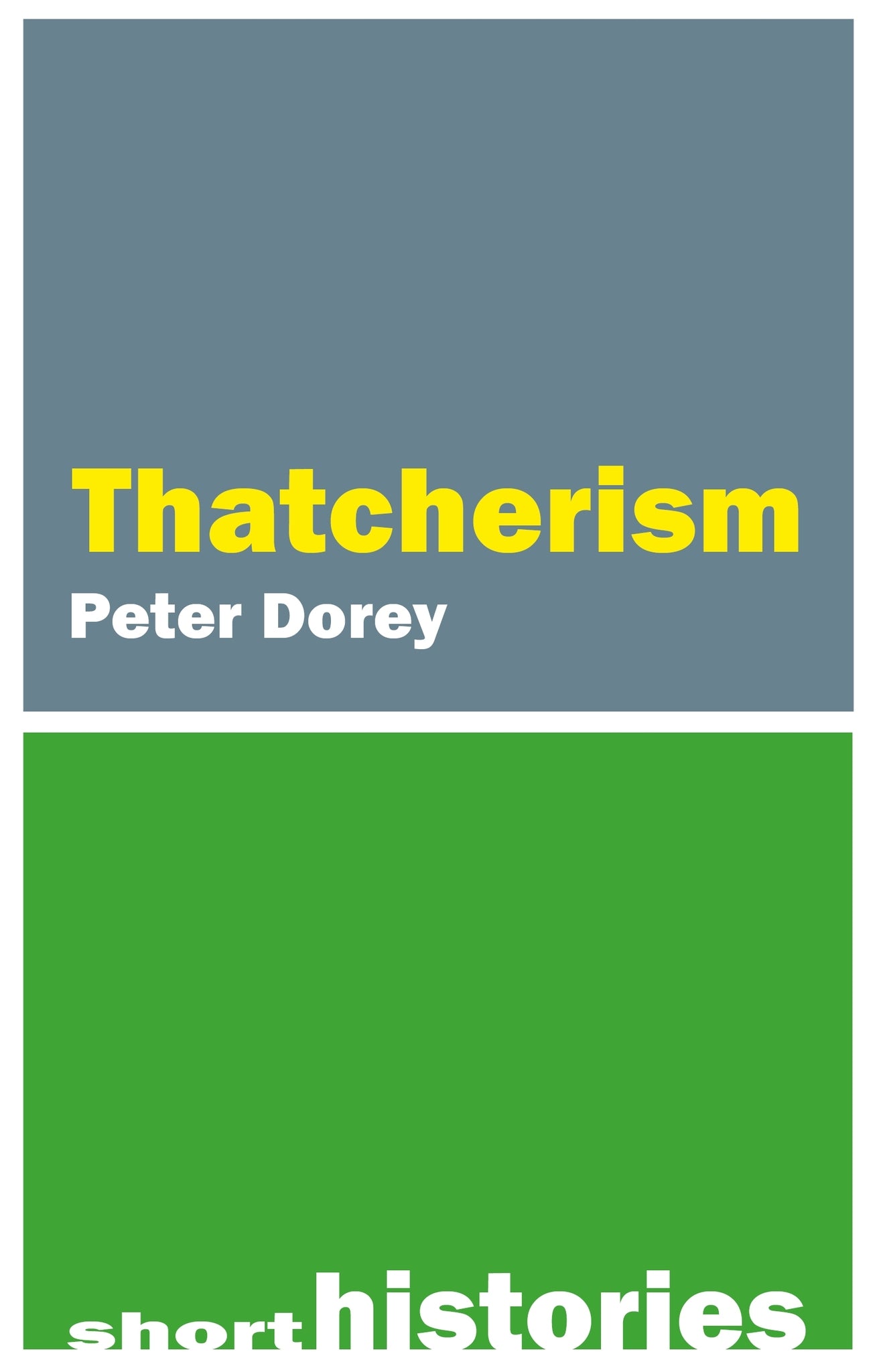We're sorry. An error has occurred
Please cancel or retry.
Thatcherism

Some error occured while loading the Quick View. Please close the Quick View and try reloading the page.
Couldn't load pickup availability
- Format:
-
30 March 2023

Margaret Thatcher, prime minister between 1979 and 1990, was and continues to be a hugely divisive figure in Britain. Her influence on British politics has long outlived her, with the Conservative Party becoming steadily more Thatcherite than it was under her leadership, especially on economic issues. Policies that support privatization, curbs on trade unions and employment rights (to promote further labour market flexibility), reduction in welfare provision, the replacement of collectivism with individualism, and the marketization of public services, including the NHS and education, are all Thatcherism in practice, and still continue today.
Peter Dorey offers a lively analysis of how Thatcherism became an ideology for politics to conjure with, its relationship with its eponymous leader and with the Conservative Party, as well as the long-term implications for the British people. He argues that the radical modernization of Britain that started under Thatcher’s leadership in the 1980s has created the conditions that have led to the polarization of British society today; a process that was profoundly unconservative in its values and approach, destabilizing institutions which Conservatives once deemed sacrosanct, and replacing continuity and solidity with constant change and competition.

POLITICAL SCIENCE / Political Ideologies / Conservatism & Liberalism, Political ideologies and movements, POLITICAL SCIENCE / Political Ideologies / General, POLITICAL SCIENCE / General, Right-of-centre democratic ideologies and movements, Politics and government

Dorey’s superbly researched account is a concise, full 360-degree study of the inexorable rise of Thatcherism and its erosion of traditional Conservatism. He shows clearly and crisply why her ideological legacy remains so important to the Conservative Party and to anyone who studies it.
1. Why Margaret Thatcher became Conservative Party leader and prime minister
2. The development of Thatcherism: intellectual origins and ideological framework
3. The key policies
4. Thatcher’s management and domination of the parliamentary Conservative Party
5. The Thatcherization of the Conservative Party since 1990
6. The contradictions and consequences of Thatcherism
Concluding comments
Chronology



